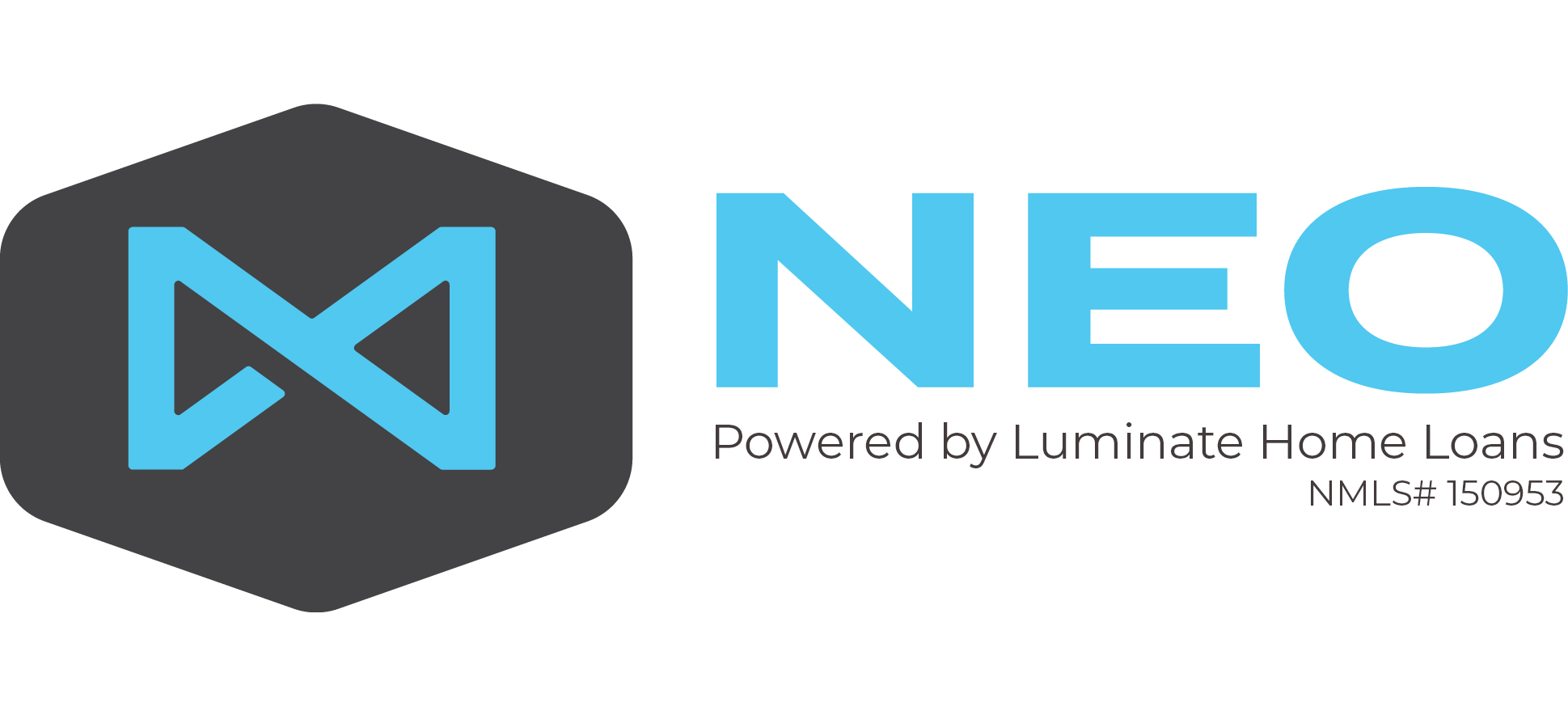 Have you had a bankruptcy? Wondering how long before you can buy a home? I’m here to give you that answer.
Have you had a bankruptcy? Wondering how long before you can buy a home? I’m here to give you that answer.
And, just like everything in mortgages, it depends.
It depends on the type of bankruptcy, loan program, down payment, and whether or not you have had multiple bankruptcies.
Bankruptcy Types
There are two common types of bankruptcy used by individuals – Chapter 7 and Chapter 13.
Chapter 7 Bankruptcy
According to the United States Courts, a Chapter 7 bankruptcy is a,
chapter of the Bankruptcy Code provides for “liquidation” – the sale of a debtor’s nonexempt property and the distribution of the proceeds to creditors.
So what does this mean in normal language? Well, basically it means that everything you include in the bankruptcy can be liquidated to pay off your debts, and when complete you will not owe on any of the debts discharged as part of the bankruptcy.
In other words, if you had a car with a loan on it and you included that car in a chapter 7 bankruptcy, the courts can sell that car in an attempt to pay off your auto loan debt. If the sale does not cover the full amount of the debt, the bankruptcy will eliminate your requirement to repay that debt.
In that example, there may be other factors to consider including a repossession appearing on your credit report, but it is an example that helps clarify how the chapter 7 bankruptcy works.
Chapter 13 Bankruptcy
Here is the U.S. Courts definition of a Chapter 13 bankruptcy:
This chapter of the Bankruptcy Code provides for adjustment of debts of an individual with regular income. Chapter 13 allows a debtor to keep property and pay debts over time, usually three to five years.
Chapter 13 bankruptcy, unlike a chapter 7, requires you to repay your debts, normally at a reduced amount compared to your actual balances. The amount you repay is based on your income. In some cases a chapter 7 can not be used because certain income limits are exceeded, in which case the bankruptcy converts to a chapter 13.
How long do you have to wait?
Foreclosure? Short Sale? Bankruptcy?
Find out how long you have to wait with our downloadable PDF.
![]()
Waiting Periods
Conventional
Chapter 7 Bankruptcy
Conventional mortgages have a 4 year waiting period after a chapter 7 bankruptcy. Tweet
If you have had multiple bankruptcies within the most recent 7 years the waiting period expands to 5 years from the discharge date for conventional financing. Tweet
Chapter 13 Bankruptcy
Chapter 13 bankruptcies do not have as long of a waiting period, and allow for just 2 years from the discharge date for conventional mortgages. Tweet
FHA
Chapter 7 Bankruptcy
2 years is the required waiting period after a chapter 7 bankruptcy discharge date when using FHA financing to buy a home. Tweet
Chapter 13 Bankruptcy
You can be in the middle of repayment on a chapter 13 bankruptcy and still purchase a home using FHA financing. Tweet
You must be able to document 12 months of on-time payments to the court, and obtain permission through the court to enter into a mortgage debt.
VA
VA mortgage financing allows for the shortest waiting period of all mortgage loans after a bankruptcy.
Chapter 7 Bankruptcy
VA may be used to finance a home with a waiting period of just 2 years after a chapter 7 bankruptcy. Tweet
Chapter 13 Bankruptcy
VA, just like FHA, allows for just 12 months of on-time payments while in repayment on a chapter 13 bankruptcy, and does not require discharge. Tweet
USDA
Chapter 7 Bankruptcy
USDA financing can be used after a 3 year waiting period from the discharge of a chapter 7 bankruptcy. Tweet
Chapter 13 Bankruptcy
USDA matches the rules for FHA and VA when it comes to a chapter 13 bankruptcy, requiring 12 months of on-time payments while in repayment on a chapter 13 bankruptcy. Tweet


![Why I Like FHA Monthly Mortgage Insurance [FHA MIP EXPLAINED] Why I Like FHA Monthly Mortgage Insurance [FHA MIP EXPLAINED]](https://lendingahand.com/wp-content/uploads/FHA-MI-Explained-sm-768x432.jpg)
![How much house can you afford? [Your Goldilocks Payment] How much house can you afford? [Your Goldilocks Payment]](https://lendingahand.com/wp-content/uploads/Goldilocks-Payment-sm-768x432.jpg)
